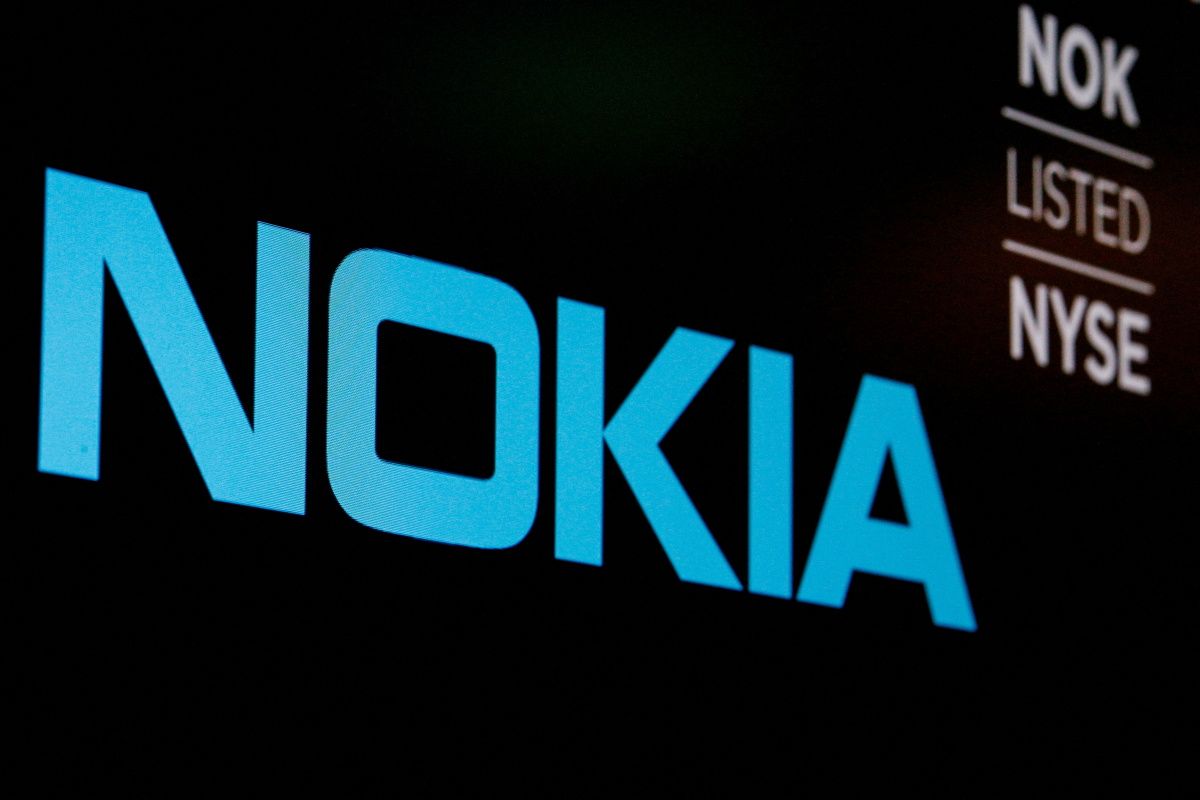The logo and ticker for Nokia are displayed on a screen on the floor of the New York Stock Exchange (NYSE) in New York, U.S., May 21, 2018.
Reuters / Brendan McDermid
KEY POINTS
The 6G lab was opened Thursday in India’s tech hub of Bengaluru
Its research will focus on fundamental technologies and innovative applications related to 6G
Nokia said the lab will contribute to India’s vision of playing a major role in design, development and implementation of 6G tech
Nokia has launched a first-of-its-kind 6G lab in India to drive research into the sixth-generation telecom technology.
The facility was opened at Nokia’s Global R&D Center in India’s tech hub of Bengaluru on Thursday.
The project aims to accelerate the development of fundamental technologies and innovative applications supported by the 6G network and address the future needs of both industry and society, the Finnish telecom giant said in a statement Thursday.
The lab also supports the Indian government’s “Bharat 6G Vision,” introduced by Prime Minister Narendra Modi with a vision to make the country play a ”key global role” in the “standardization, development and implementation of 6G technology,” Nokia said.
The lab will pave the way for industry stakeholders to collaborate and facilitate the testing and potential commercialization of innovative solutions.
The main focus areas for research include “Network as a Sensor” technology, which it identifies as an important element that can help unlock the full potential of the 6G era, and automation. It would focus on enhancing the network’s ability to sense objects, people and movement without the need for onboard sensors.
“Sensing will be fully integrated into the wireless network and operate simultaneously with communication services,” Nokia said. “This has the potential to enable people to see around corners, gather information about their surroundings and even interact with objects at a distance.”
Ashwini Vaishnaw, India’s minister for communications, electronics and IT, said the fields of transportation, healthcare and education will significantly benefit from the lab’s 6G technology development.
“The inauguration of the Nokia 6G research lab in Bengaluru today is another step toward PM Narendra Modi’s vision of making India an innovation hub,” Vaishnaw noted. “Interesting use cases coming out of this lab will be related to transportation safety, health care and education, which will be another big contribution to the entire Digital India suite.”
Nishant Batra, chief strategy and technology officer at Nokia, said the company looks forward to helping India become a major player in the global arena for advanced telecom technology.
“Nokia is honored to contribute toward the realization of the Indian government’s ‘Bharat 6G vision,'” Batra said. “We look forward to collaborating with key stakeholders to help India become a major player in 6G technology development and adoption; and take its place in the global arena as a leading developer and supplier of advanced telecom technologies and solutions.”
The 6G technology, expected to launch commercially by 2030, is in its early stages of development and promises significantly faster data speeds and lower latency than its predecessor 5G. The reduced delay between sending and receiving data will be a big gain for autonomous vehicles, remote surgeries and augmented reality.
Although India is seen as a late starter in the sector, New Delhi is making efforts to further the development of 6G technology. It even formed an alliance with the U.S. to focus on 6G at last month’s G20 summit.
The U.S., the U.K., Japan, Australia and Canada have joined hands to form a Global Coalition on Telecommunications for the development of future telecommunications technologies such as 6G. South Korea has also announced its plan to launch 6G by 2028.
India
2023-10-10 05:00:04
Article from www.ibtimes.com



















